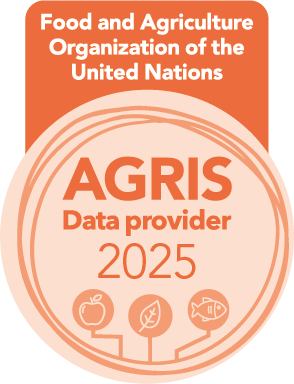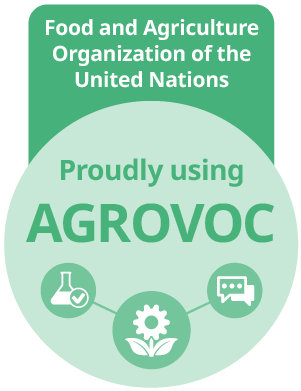Artificial intelligence and revolutionization in the field of food science
Revolutionizing Food Science Through AI
DOI:
https://doi.org/10.54393/df.v6i3.180Abstract
The trend of AI gradually becoming prominent in most disciplines of science and it was not long before it affected biology. It is revolutionizing every aspect of animals concerning health, nutritional status, and productivity in the course of animal agriculture. For instance, the requirements for food and animal products are increasing day by day which is increasing the demand for operational effectiveness. People are using Artificial Intelligence in feeding strategies to improve and also to advance the health of the animals within farms and to increase food production thus bringing visions and innovations for a sustainable agriculture sector.
Animal nutrition did not meet individual demands based on some of the standards that were provided. AI presents various solutions since, through the use of big data, it is possible to identify animal responses to various feeding regimens. This makes it possible to come up with diets depending on individual animals which are a healthier way to make the animals more productive.
It also helps in tracking other factors such as feed consumption, weight gain, feed-to-gain ratio, and general production proficiency. In such cases feeding adjusting strategies can be ensured in the best way possible to suppress the given condition in the shortest period. An efficient feeding system in our software makes sure that the animals get the right feed at the right time to maximize its/her growth and minimal wastage likely to pollute the environment. This precise feeding practice enhances feed usage by the animals, which is another factor that contributes to the economic feasibility of the animal farming business. One of the major innovations in refined livestock farming is precision farming which focuses on feeding processes whereby feeds are prescribed depending on the needs of particular animals. An automated feeding model was devised that was able to avoid either underfeeding or overfeeding, the nutrient intake, and the time at which the food was going to be fed to the body.
AI also improves knowledge of the animal’s gut microbial ecosystem which is a mix of microorganisms that inhabit the animal gut. Animal microbiota plays an important role in participating in digestion and nutrient assimilation processes and the immune system of an animal. AI in turn assists in the determination of microbial population that enhances animal health and performance and synthesizes new microbial consortiums that can be added to animal feed. Amenable animal feeds that unsurpassed the microbiota of healthy human beings may help in digestion, health, and feed conversion. These interventions are well-known ways of increasing the general health and productivity of animals among farmers, and with the help of AI, these interventions can be improved. The application of AI to the genetics of animals also extends it more into nutrition. AI uses feeding regimens from a pet’s DNA to develop unique feeding plans that best suit the genetics of the animal. Not only does this method enhance efficiency but also the health of the animals is enhanced as well.
Artificial intelligence is taking up the challenge of feeding, nutrition, and welfare, as well as the excellent performance of animals and making the process more efficient and specific. Artificial Intelligence remains to develop better approaches in the enhancement of animal well-being, mechanisms of farming, and general food production.
References
.
Downloads
Published
Issue
Section
License
Copyright (c) 2025 DIET FACTOR (Journal of Nutritional and Food Sciences)

This work is licensed under a Creative Commons Attribution 4.0 International License.
This is an open-access journal and all the published articles / items are distributed under the terms of the Creative Commons Attribution License, which permits unrestricted use, distribution, and reproduction in any medium, provided the original author and source are credited. For comments









